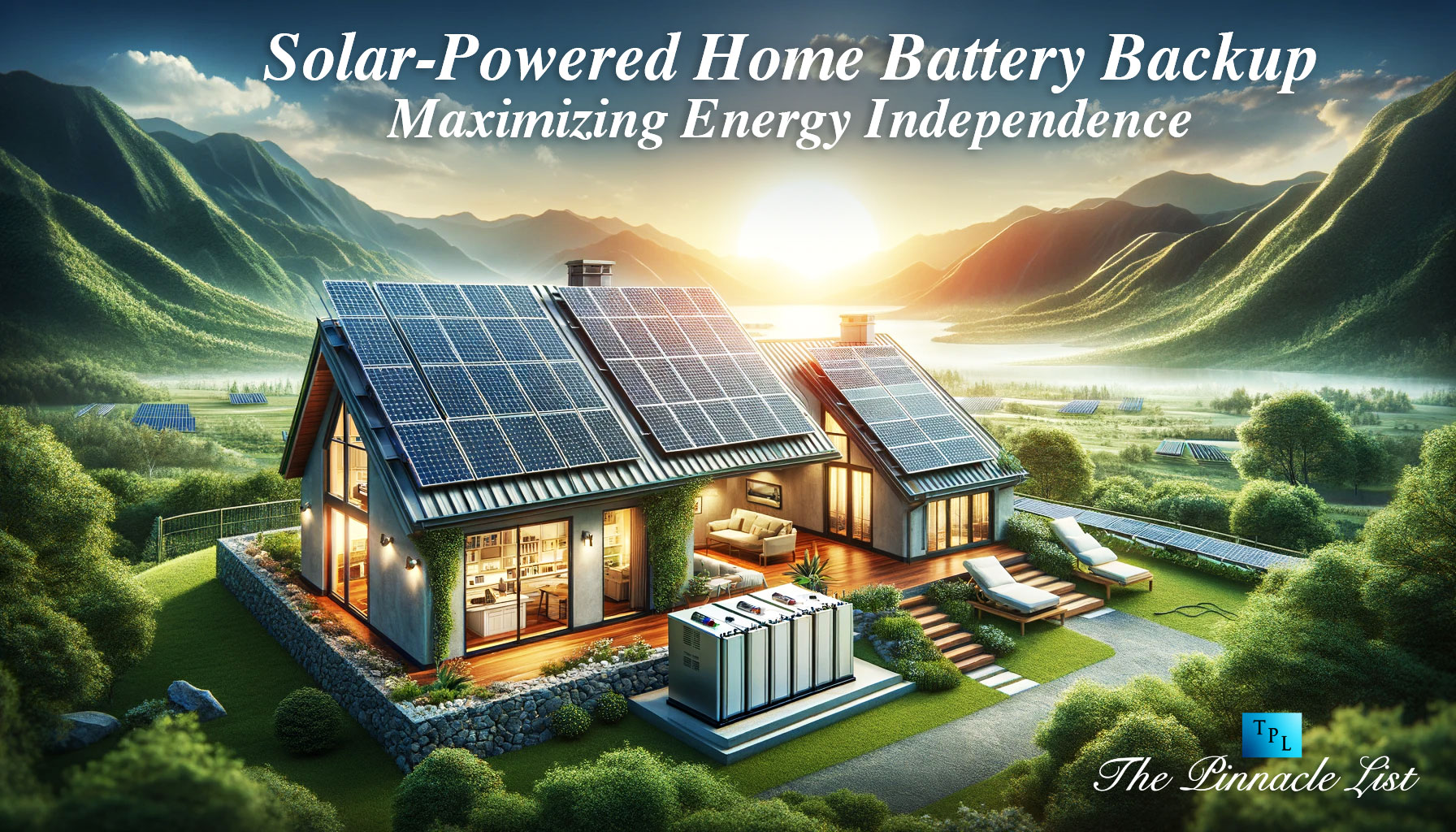

Home battery storage is rapidly transforming how we approach energy independence at home. This technology, allowing households to store energy generated from renewable sources like solar panels, is becoming increasingly popular for homeowners seeking greater control over their energy consumption and costs. Home battery systems offer a promising solution to unpredictable energy prices and grid instability, enabling users to leverage excess solar energy during the day and use it to power their homes at night. This article explores the benefits and drawbacks of home battery storage, delving into various types, installation considerations, cost-effectiveness, and long-term implications for a more sustainable energy future. We’ll guide you through the process of maximizing your energy independence with home battery storage, answering crucial questions and offering practical strategies to make an informed decision.
Understanding Home Battery Storage
What is Home Battery Storage?
Home battery storage systems, often integrated with solar energy systems, allow households to store excess energy generated during peak daylight hours. This stored energy can then be used during off-peak hours, reducing reliance on the electrical grid and potentially lowering energy costs. These systems are becoming increasingly popular due to their role in bolstering energy independence for homes, particularly those with significant solar panel installations. A key factor influencing the decision to invest in home battery storage is the ability to reduce dependence on the utility grid.
Advantages and Disadvantages of Home Battery Storage
Advantages
Home battery storage offers numerous advantages, particularly for those with high solar energy production or facing high energy costs. It enables consumers to store and use solar energy generated during the day for nighttime use, significantly reducing their dependency on the utility grid. Furthermore, many municipalities are offering incentives and rebates to promote the use of renewable energy sources. Reduced grid reliance minimizes exposure to fluctuating energy prices and potential grid outages. This technology also enhances energy security and resilience.
Types of Home Battery Storage Systems
Exploring Different Battery Technologies
Various types of batteries are used in home storage systems. Lithium-ion batteries are a common choice due to their high energy density and relatively long lifespan. These batteries are typically more expensive upfront but offer better performance over the long term compared to lead-acid batteries. Lead-acid batteries are often a more budget-friendly option, but their energy density and lifespan may be less impressive. Factors to consider when selecting a battery include price, capacity, efficiency, and lifespan.
Integration with Solar Panels
Powering Homes with Renewable Energy
Home battery storage is often paired with solar panel systems. These systems provide an opportunity to harness renewable energy and store it effectively. When solar panels generate more energy than the home needs, the excess energy is stored in the battery, ready to be used later. Optimizing battery usage in conjunction with solar panels is critical for maximizing the benefits of home battery storage. The amount of energy you can store depends on the capacity of your system and how much solar power you generate.
Cost-Effectiveness of Home Battery Storage
Evaluating the Financial Implications
The initial investment for home battery storage systems can be substantial, but long-term savings through reduced energy bills and potential rebates should be assessed. The payback period can vary based on several factors, such as energy rates, solar energy production, and incentives offered by local governments. Careful planning and assessment are vital to determine if this investment aligns with your financial goals. Furthermore, the potential for increased property value needs to be considered when evaluating the financial aspects.
Installation and Maintenance Considerations
Setting Up Your Home Battery System
Proper installation is critical for the optimal performance of your home battery storage system. Qualified professionals should be consulted to ensure safe and efficient setup and adherence to local regulations. Regular maintenance is also important to ensure the longevity of the battery and optimal performance of the system.
Future Trends and Innovations
The Evolving Landscape of Home Energy Storage
The home battery storage market is constantly evolving. Continued innovations in battery technology are driving improvements in energy density, lifespan, and affordability. Government policies and regulations also play a significant role in shaping the future of home energy storage, fostering further adoption. The development of smart home technologies is also expected to further integrate home batteries into a holistic energy management strategy.
Maximizing Energy Independence at Home
Taking Advantage of Your System
To truly maximize your home battery storage’s potential for energy independence, ensure that your system is adequately sized for your energy needs. Properly managing your energy consumption patterns and considering dynamic pricing options from your energy provider can optimize your storage capacity and save money. Understanding the environmental impact of your energy choices is equally important.
Case Studies and Examples
Real-World Applications
Numerous homeowners have successfully implemented home battery storage systems, demonstrating their potential benefits in different regions and energy scenarios. Case studies and examples highlighting successful installations provide valuable insights and inform decision-making for homeowners considering similar investments. Studying successful installations allows for a deeper understanding of potential challenges and rewards, thus helping optimize individual needs and situations.
FAQs on Home Battery Storage:
Q: What are the different types of home battery storage systems available?
A: There are several types of home battery storage systems, each with its own characteristics and benefits. Lithium-ion batteries are widely popular due to their high energy density and relatively long lifespan. Lead-acid batteries, while less expensive upfront, often have shorter lifespans and lower energy density compared to lithium-ion. Ultimately, the best choice depends on your specific needs, budget, and local regulations.
In conclusion, home battery storage offers a powerful pathway to energy independence and a sustainable future. By understanding the nuances of home battery systems, their potential benefits and drawbacks, you can make informed decisions about integrating this technology into your home. This guide has provided a comprehensive overview to help you maximize the potential of your home energy storage. Ready to take control of your energy future? Visit our website today for more information and expert consultations on selecting the right home battery system for your needs.